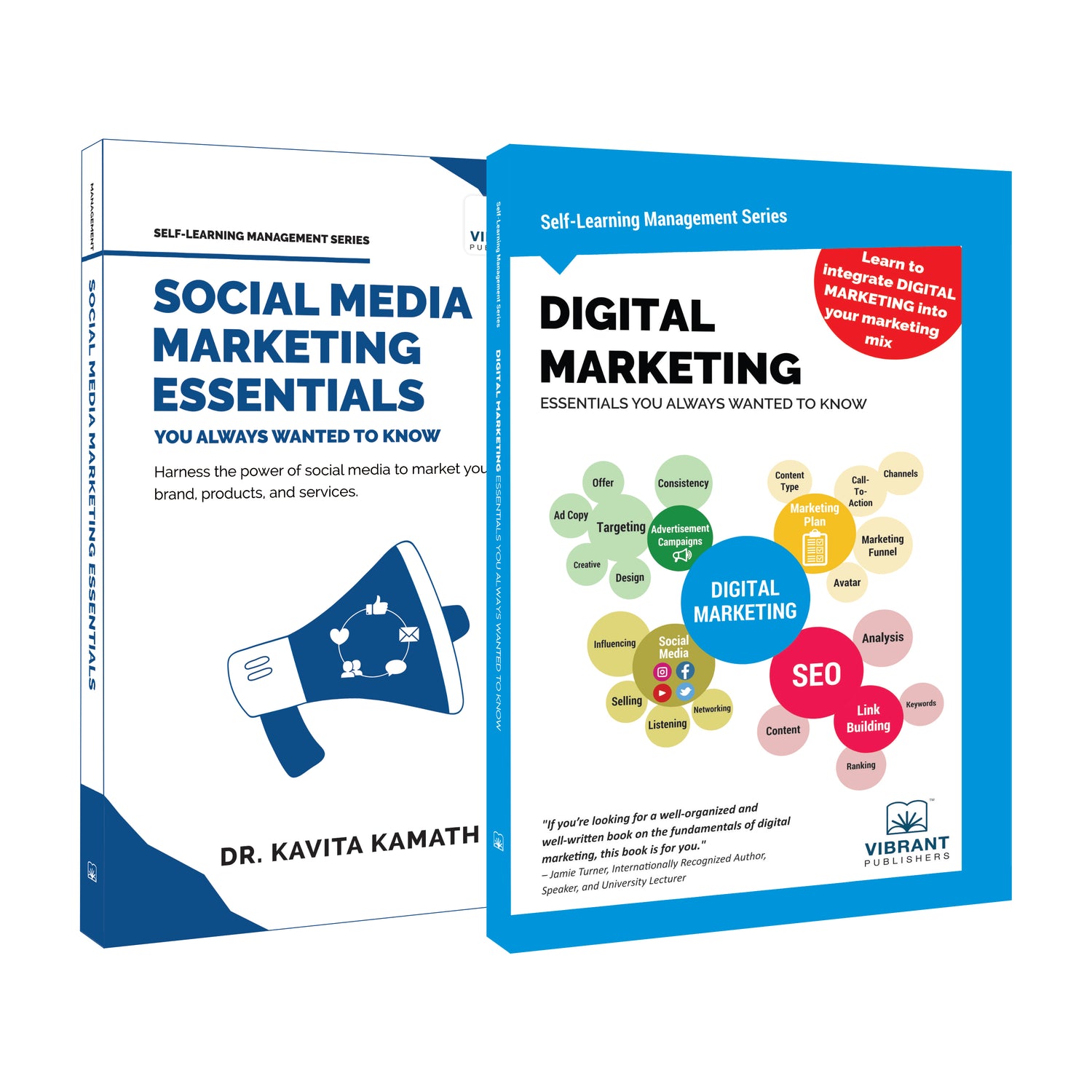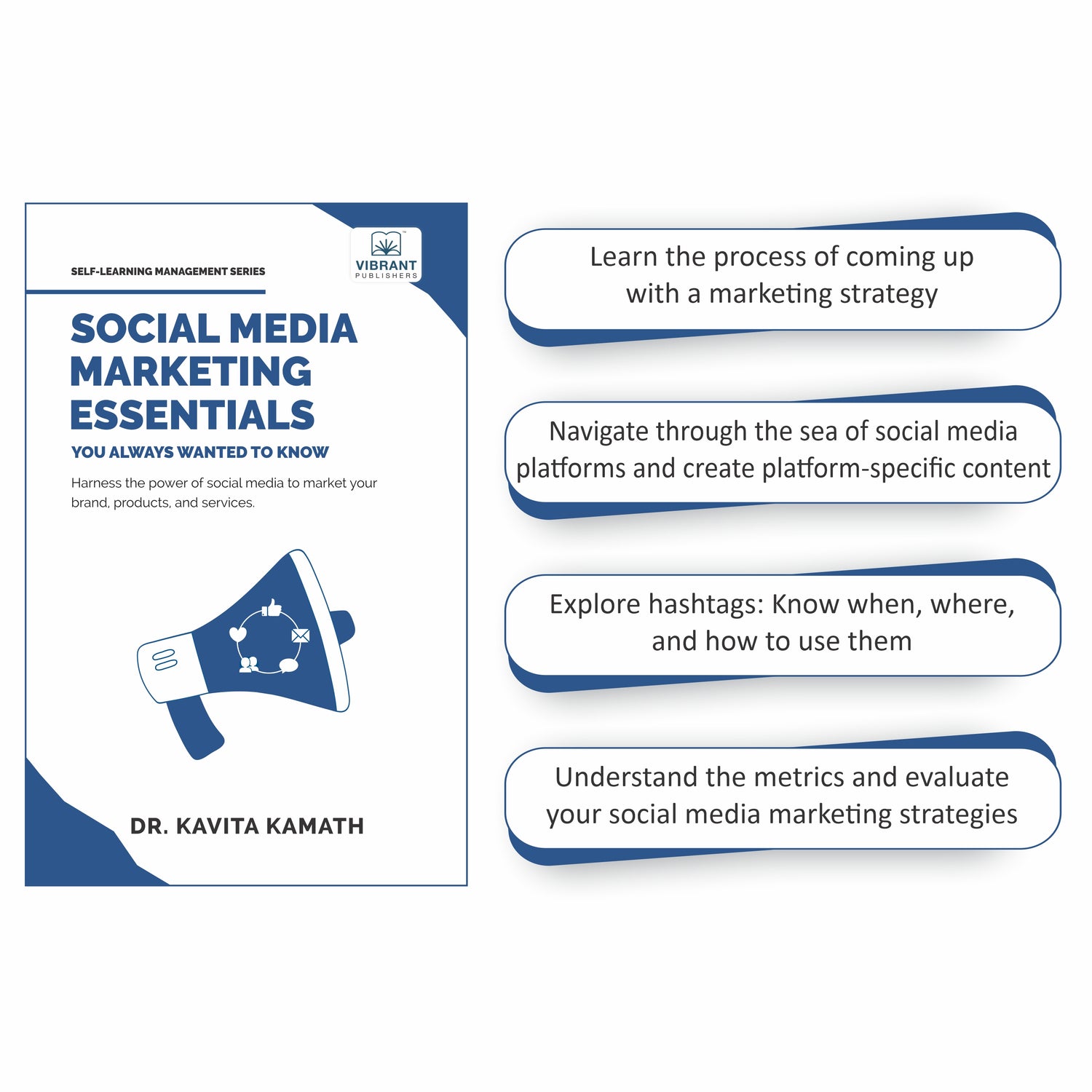
9 Ways AI Can Be A Useful Tool In Public Speaking
We can all agree that we are entering a new era of public speaking, where AI can play a significant role in facilitating the responsibilities of public speakers. Contrary to some misconceptions circulating in the public, AI is not coming to replace public speakers or take their jobs, but it will surely be instrumental in transforming the profession and empowering speakers to deliver their best to their audiences. We will see these transformations in several aspects of the profession, from generating scripts, speech rehearsals, and engaging the audience to receiving post-speech feedback.
Highlighted below are certain areas where AI can tremendously improve your public speaking skills, whether you are an experienced speaker, a versatile corporate trainer, a student, or an up-and-coming thought leader:
1. Craft compelling speeches with a little help
Every speaker struggles with content creation. They often wonder about what to say, what tone they should adopt, and how to start. Using AI writing agents or assistants such as Jasper, Notion AI, ChatGPT, and Grammarly can help you generate impactful speeches in a matter of minutes, something that used to take speakers hours to accomplish before. Recently, AI can even help you refine and expand your existing speeches.
2. Conduct keyword research
Speakers can streamline their keyword research by utilizing AI-powered tools like Semrush, Google Trends, or Answer the Public. By using the latest keywords in town, you can cleverly prepare speeches that are trendy and will be well received by your audience.
3. Structure your speech like a pro
With AI writing assistance, you can easily design your speech’s structure to enhance its clarity and produce a powerful impact on your audience. Most AI writing agents are conversational; it will seem like you are seeking useful ideas from a reliable friend or mentor. In reality, AI agents are trained on a large tranche of data that contains all or most of the information you need to embellish your speech.
4. Generate speech blueprints
Sometimes, speakers may be clueless about how to develop speeches on certain preselected topics. If you ever find yourself in this situation, ask AI writing assistants for help; they can offer you templates or examples of similar speeches that you can readily customize to suit your purpose.
5. Adjust voice and tone
Public speakers are now turning to AI agents (like speech coaches) for voice and tone adjustment. This entails that they can utilize AI agents to modify their tones and communication styles, whether humorous, authoritative, motivational, or empathetic. Therefore, AI software such as Poised, Orai, and Yoodli can act like a virtual audience, listening to and analyzing your speech to make necessary suggestions on pacing, clarity, speed, quality, pitch, and intonation. Some AI-enabled Virtual Reality (VR) technologies can simulate settings such as a boardroom or TED conferences, providing you with a simulated audience that can interact with you in real-time, as if they were a human audience.
6. Utilize AI-powered presentation tools
Tools like Tome, Canva, and Beautiful.ai are AI-enabled, and they can help you in creating highly useful visuals, infographics, and PowerPoint slides for your speeches.
7. Profile your audience with AI
Speakers are often advised to know their audiences pretty well so that they can successfully personalize their speeches to meet their requirements. By feeding some data about your prospective audience into ChatGPT and other AI agents, you can receive helpful suggestions about the appropriate speeches that will suit your audience’s demographics, interests, and behavior. The best approach to do this is to ask your audience to fill in an online form or participate in a poll that contains questions about their preferences. Then AI data analytics will be used to analyze their interests and suggest what kind of speech will better resonate with your audience
8. Overcome stage fright with AI adaptation
If you are suddenly overwhelmed and seem like you are getting afraid on stage, AI can surely come to your rescue. AI tools can help you reduce any feeling of anxiety in a number of ways. Some AI-enabled teleprompters or pagers can offer some useful suggestions whenever you are stuck while delivering a speech. All you need to do is quickly type in some prompts, and you will be immediately assisted. For example, if you are trying to remember specific statistics or a good, motivational quote.
9. Obtain post-speech feedback from AI agents
After you are done with your presentations, some AI tools can offer practical advice about your speech delivery and give useful post-speech feedback that you can use to improve your overall performance as a public speaker.
It is important that you pay attention to AI ethics in public speaking. As shown in this article, AI can be put to many great uses in public speaking. However, it is equally important to remember that it must be utilized ethically. For example, do not breach your audience’s privacy and illegally share their personal information. Moreover, you should understand that AI is still being developed, and it may exhibit certain biases, errors, or cultural insensitivity that may affect your diverse audience. So, take it upon yourself to fact-check some of the claims made by your AI writing agents to ensure you are not disseminating false information to your audience.
Conclusion
AI is not here to replace public speakers—it’s here to amplify their abilities. From helping you craft powerful speeches and design captivating presentations to offering real-time coaching and post-event feedback, AI can be a trusted partner in your public speaking journey. By using these tools thoughtfully and ethically, you can focus more on connecting with your audience and less on the logistical hurdles, ensuring every speech you deliver is impactful, engaging, and memorable.
To learn more about Public Speaking, refer to our upcoming release, Public Speaking Essentials You Always Wanted to Know. It demonstrates how public speakers can perfect their art of public speaking in this digital age without offending their audience or undermining their professionalism.

This blog has been written by Ami Ved, author of Public Speaking Essentials You Always Wanted to Know.

Ami Ved, author of Public Speaking Essentials You Always Wanted to Know
If you enjoyed this blog, give these blogs based on communication a try:
4 Reasons Why Business Communication Is Essential for Organizational Success
Learning Strategies for Effective Business Communication
Mastering Inclusive Leadership Styles Through Effective Communication
Share











